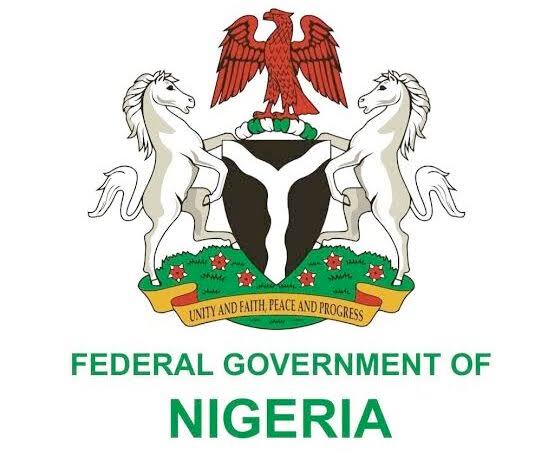The international investment community is growing increasingly concerned as the yields on Nigeria’s Federal Government (FGN) Eurobonds have risen sharply. This trend reflects doubts about the country’s ability to manage its finances and economy effectively.

In July, yields on these Eurobonds surged, with short-to-medium term bonds increasing by 69 basis points and mid-to-long term bonds by 75 basis points. This change is a stark contrast to the earlier optimism in 2023, when investors were enthusiastic about the new government’s reforms.
When the new administration took office in May 2023, its quick actions, including removing fuel subsidies and unifying exchange rates, were praised by international investors. This positivity led to a rally in FGN Eurobond prices, bringing yields to their lowest levels in years by March 2024. Investors initially had strong faith in the government’s commitment to reform.
However, by mid-July 2024, this optimism faded as yields began to climb again. This rise indicates that investors are now worried about Nigeria’s economic direction and whether the government can maintain fiscal discipline.
Specifically, the average yield on short-to-medium term Eurobonds (maturing in November 2025, November 2027, and September 2028) increased by 69 basis points. Yields on mid-to-long term bonds (maturing in January 2031, February 2038, and January 2049) rose by 75 basis points.
According to analysts at Coronation Research, several factors have contributed to this spike in yields. These include the government’s announcement of a supplementary budget of around $4.2 billion, an increase in the national minimum wage, a rise in “ways and means” loans, and Fitch’s recent downgrade of Dangote Industries. These developments have alarmed the market, leading to greater investor concern.
The analysts also noted that the Debt Management Office (DMO) may have missed a crucial opportunity to issue new Eurobonds in March when yields were closer to their coupon rates. This missed opportunity has led to a market sell-off, pushing yields to levels that could make issuing new bonds more costly.
The Coronation Research team stated, “The market has sold off, and yields are now, on average, 2.7 percentage points above their coupons. While this doesn’t entirely rule out the possibility of the FGN issuing a Eurobond this year, it suggests that a period of price appreciation would be needed to make this feasible.”
From an investor’s standpoint, the current state of the FGN Eurobond market raises concerns about the ongoing reform process in Nigeria. This is happening at a time when other African countries have also seen their bonds devalued, adding to the overall unease.
Despite these concerns, there are some positive signs. The Central Bank of Nigeria’s (CBN) foreign exchange reserves have been growing, and the overall amount of FGN Eurobond debt remains relatively small. Given these factors, Coronation Research favors short-dated maturities, particularly the November 2025 bond (with a mid-yield of 8.16 percent as of August 9) and the November 2027 bond (with a mid-yield of 9.68 percent).
A financial expert, speaking anonymously to Thepaan News summed up the situation: “While the initial reform efforts under the new administration were well-received, recent fiscal and monetary policy decisions have raised concerns among international investors, leading to a rise in Eurobond yields. This reflects broader worries about Nigeria’s economic future and the implementation of promised reforms.”
As Nigeria faces these economic challenges, the reaction of international investors will be crucial in determining whether the country can continue with its reform agenda and maintain fiscal stability.




